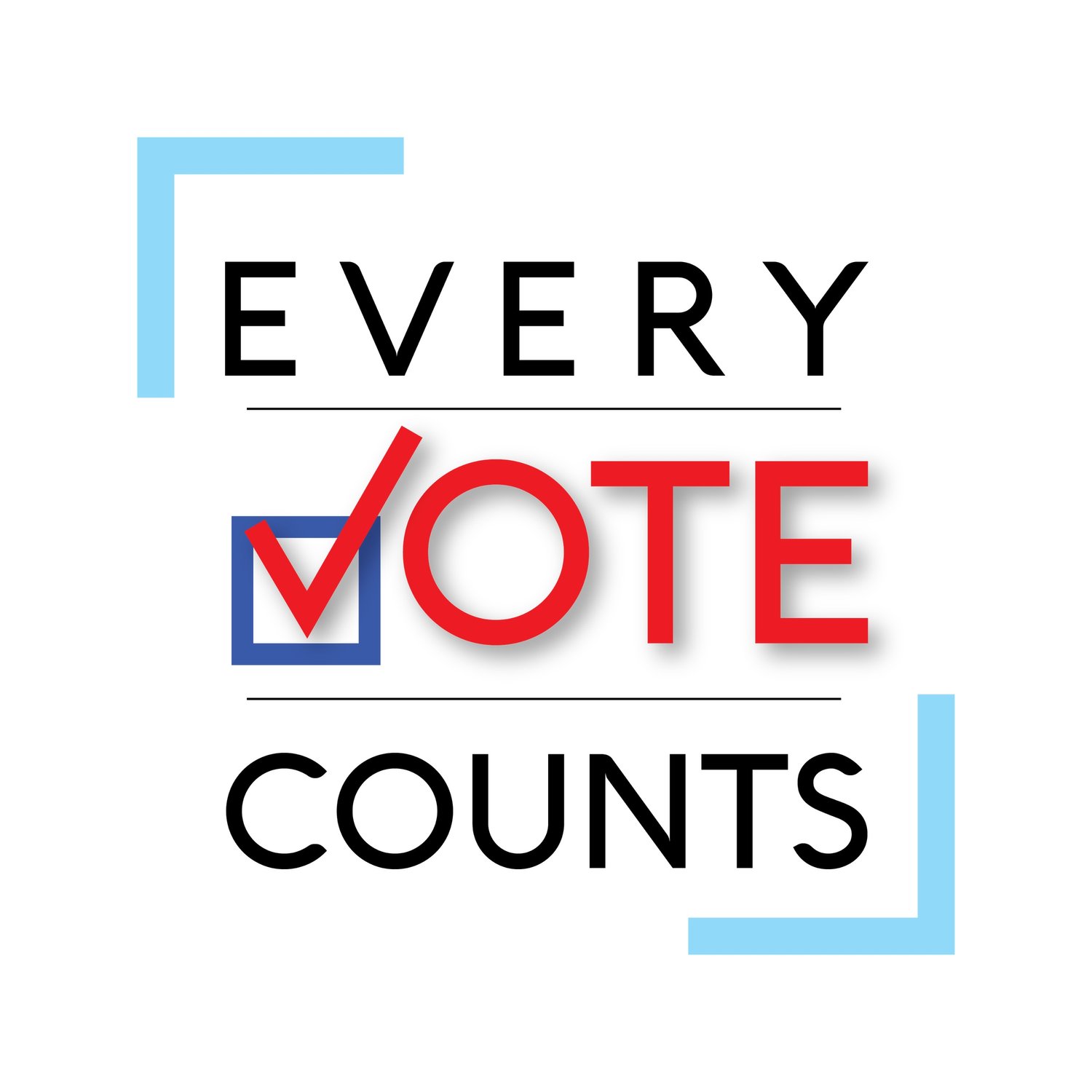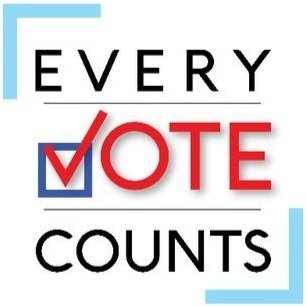Civic Ed And Women's Political Leadership
The 19th amendment is a success worth celebrating, but we need to get to work realizing the dreams of the women who engineered its passage and reform our civic education system to make political leadership more accessible.
By Erin Baranko
This summer, the United States celebrated the 100th anniversary of the passage of the 19th amendment that guarantees women the right to vote. We can and should commemorate the work of the suffragettes, celebrate their legacy, and revel in the progress made by women’s rights activists since that time. Today, women vote at a higher rate than men. They also participate in community groups, volunteer, and donate at higher rates, and value helping others in need more strongly than their male counterparts.
But despite high rates of civic and community engagement, women hold only 23.7% of seats in Congress and 25% of seats in the Senate. The state and city levels are not much better: women hold 27.7% of statewide executive offices, 28.9% of seats in the state legislature, and 20.9% of mayoral positions (rates for women of color are even lower). The result is that women are often not at the table when important decisions are made, effectively marginalizing the opinions and interests of half of the United States population.
So why are women still disproportionately missing from political leadership despite outperforming men in many indicators of civic engagement? It isn’t a lack of knowledge: female students perform just as well, if not better, than male students on civic knowledge tests, and women surpass men in rates of achievement of higher education. And it isn’t a lack of accomplishment: women generally win elections at the same rate as men.
The problem is that women are less likely to run for office in the first place. According to a study by the Center for Information & Research on Civic Learning & Engagement (CIRCLE), girls and young women are less likely than men to aspire to careers in politics and need greater encouragement from their party, family, and friends. Even in the current environment where we see several female presidential candidates, men are still significantly more likely to take “concrete steps” to run for office.
The lack of female leadership in government is not mono-causal. It is inextricably linked to issues of racial injustice, a lack of upward social mobility, and a pervasive pattern of sexism in the media, among other factors. But, it’s worth examining how our society might ameliorate this problem through education—particularly, by taking a closer look at the way we teach civic education in schools.
Much of high school civics curriculum focuses on the basics of American history and structures of government. Essentially, it is “heavy on knowledge but light on building skills and agency for civic engagement.” How can we expect young people to become active participants in political life without providing them the skillset to do so? This inability to translate civic knowledge into action is especially true for young women because characteristics necessary for civic leadership, such as ambition, confidence, and competitiveness, are perceived as traditionally masculine traits.
This leads to what a Rutgers study calls a “leadership skills gap” between young men and women, wherein “girls want to engage, but don’t have or understand the skills needed for government or organizational leadership.”
Furthermore, only three states (Louisiana, Illinois, and Florida) require women’s history to be taught in public schools. Thus, most girls and young women grow up without exposure to a female narrative of American history and politics. According to Rutgers, this deprives girls and young women of a “’road map’ providing them a path toward leadership.”
The current state of civic education fails potential female leaders. Perhaps by adjusting male-centric, test-based civic education, we can begin to address the lack of diverse leadership in government.
When the suffragettes demanded the right to vote, they were also clamoring for something larger: political equality—the chance to see candidates who looked like them in public office, to vote for candidates who represent their interests, and if they so choose, to be those candidates themselves. So if we truly want to celebrate the 19th amendment, let’s get to work realizing the dreams of the women who engineered its passage. Let’s reform our civic education system to make it inclusive of students from all identities and backgrounds, provide equal opportunity for civic and political participation, and facilitate true democratic representation.

